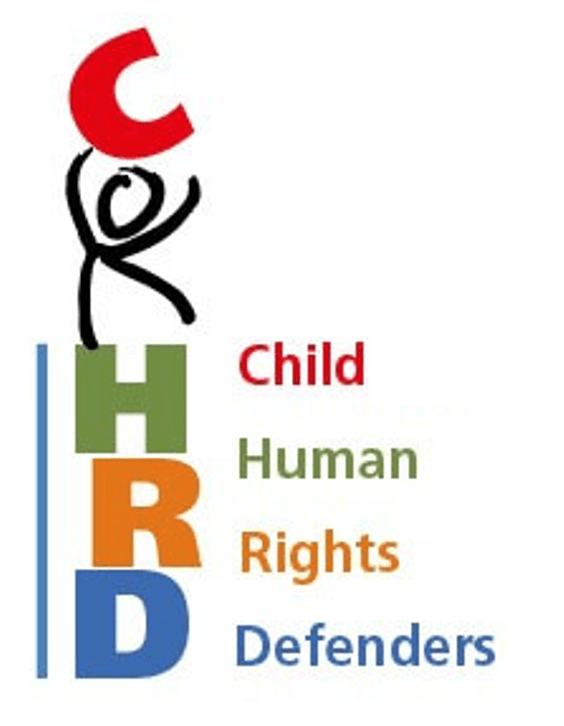Child Human Rights Defenders
Interactive
Implementation Guide
5.5. Civil Society
Children are civil society actors and have a right to form their own associations and to join associations (see section 3.6.3). Children play a key role in the civic and democratic space, especially in the digital space by bridging the inter-generational gap and contributing to joint solutions. Very often the actions that children take as civic actors are the ones that make them HRDs. However, the role played by children as civic actors is under-recognized, as it is their role as HRDs. States should take every opportunity to support diversity of civil society participation at the national, regional and international levels, with particular emphasis on underrepresented parts of civil society, including children.1
Adult led organizations must also be able to form and provide support for both HRDs and CHRDs. Children’s empowerment will be restricted and their safety and security will be at risk if there is a negative view about human rights work and if adult HRDs face attacks, arrests, and detention. Many CHRDs will work through civil society organizations, many of whom have significant expertise and experience in creating accessible spaces for CHRDs, supporting them in their activities, and advocating for States to do more to engage with CHRDs. Civil society organisations can provide important support to CHRDs who are disappointed with the outcomes of their activity, providing them with on-going support and advice. States should also provide specific support, including financial support, for child-led organizations and peer-to-peer activities that empower CHRDs, and foster a safe and enabling environment for CHRDs. This should include support for local, national, regional and international events and meetings.
References
| ↑1 | United Nations Human Rights Council (2018) Civil society space: engagement with international and regional organizations, A/HRC/RES/38/12. Retrieved 13 Oct 2020, from: https://undocs.org/en/A/HRC/RES/38/12. |
|---|
